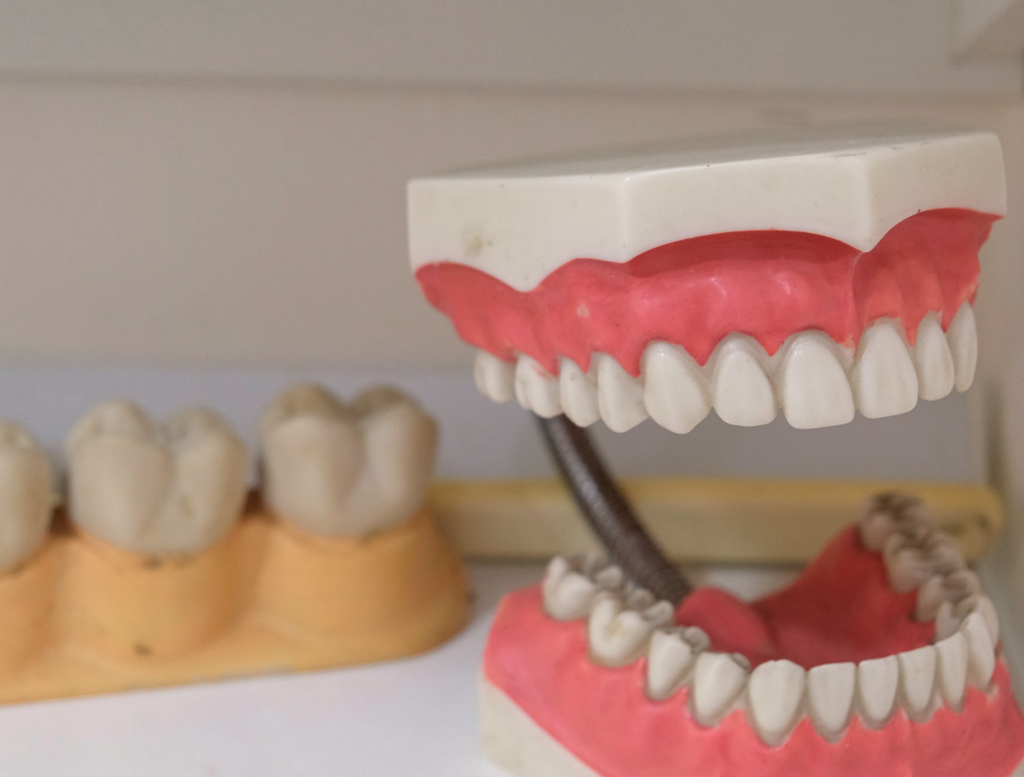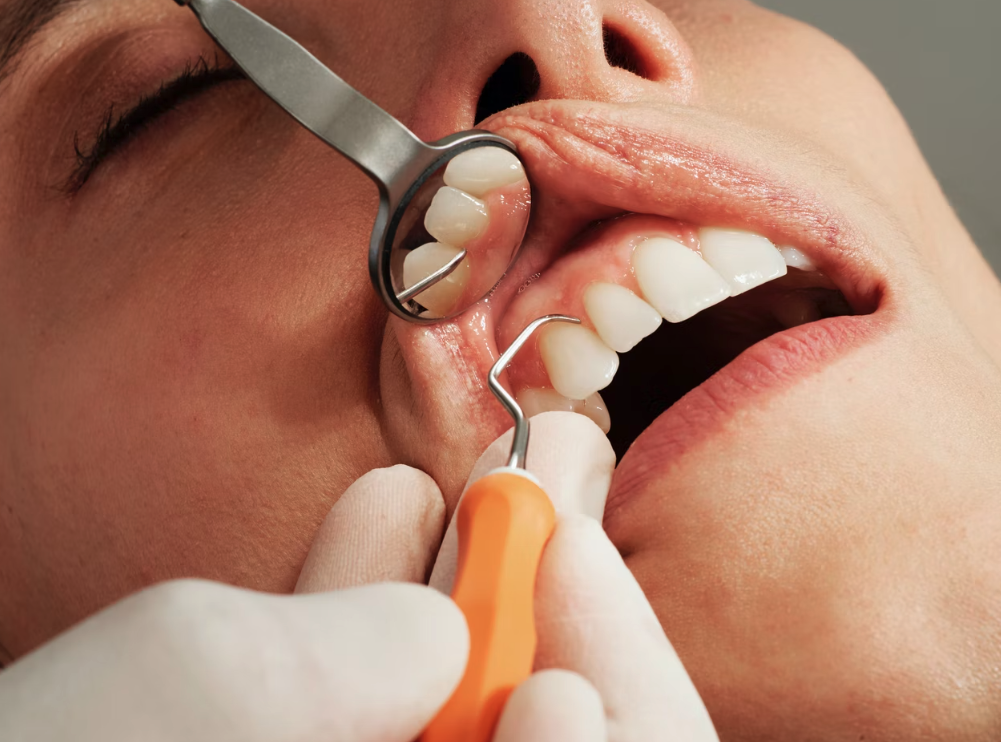Porcelain veneers are a popular cosmetic dental treatment designed to enhance the appearance of your smile. These thin, custom-made shells cover the front surface of your teeth, addressing issues like discoloration, chips, or minor misalignment. But what if your teeth aren’t perfectly straight? Can veneers still be an option for you? Let’s explore this topic by addressing some common questions.
Can You Put Veneers on Crooked Teeth?

Yes, veneers can be applied to mildly crooked teeth to improve their appearance. However, there are important considerations to keep in mind:
- Severity of Misalignment: Veneers are suitable for minor alignment issues. For severely crooked teeth, orthodontic treatments like braces or Invisalign might be recommended first.
- Bite Functionality: Proper alignment ensures efficient biting and chewing. Applying veneers without addressing significant misalignment can lead to functional problems.
- Aesthetic Goals: Veneers can create the appearance of straighter teeth, enhancing your smile’s overall look.
It’s essential to consult with a dentist to determine if veneers are the right solution for your specific dental condition.
Do Your Teeth Need to Be Straight to Have Veneers?
Perfectly straight teeth aren’t a prerequisite for getting veneers. However, certain factors influence their suitability:
- Extent of Crookedness: Mild misalignments can often be corrected with veneers. Severe cases may require orthodontic intervention first.
- Oral Health: Healthy gums and teeth are crucial. Issues like gum disease or tooth decay need to be addressed before veneer placement.
- Desired Outcome: If the goal is purely cosmetic and misalignment is minimal, veneers can be an effective solution.
A thorough dental examination will help determine the best course of action for achieving your desired smile.
Can You Get Veneers if You Don’t Have Straight Teeth?

Individuals with slightly misaligned teeth can still be good candidates for veneers. Consider the following:
- Cosmetic Enhancement: Veneers can mask minor imperfections, giving the illusion of straight teeth.
- Structural Integrity: Teeth should have sufficient enamel and be free from significant structural issues to support veneers.
- Long-Term Goals: Discuss with your dentist whether veneers alone will achieve your objectives or if combining them with orthodontic treatments is advisable.
Open communication with your dental professional will ensure that your treatment plan aligns with your expectations and dental health needs.
What Teeth Cannot Get Veneers?
While veneers are versatile, they’re not suitable for every tooth. Teeth that may not be ideal candidates include:
- Severely Misaligned Teeth: Teeth with significant alignment issues may require orthodontic correction before considering veneers.
- Weak or Decayed Teeth: Teeth compromised by decay or structural weakness might not support veneers effectively.
- Insufficient Enamel: Veneers bond to the enamel. Teeth lacking adequate enamel may not be suitable for this treatment.
- Teeth with Large Fillings: Extensive fillings can affect the bonding process and longevity of veneers.
A comprehensive dental assessment is necessary to identify which teeth are viable candidates for veneers.
Can You Put Veneers on Bad Teeth?
Applying veneers to teeth in poor condition isn’t advisable. Issues to address first include:
- Tooth Decay: Cavities should be treated before veneer placement to prevent further deterioration.
- Gum Disease: Healthy gums are essential for successful veneer application. Periodontal issues need resolution prior to cosmetic treatments.
- Structural Damage: Cracked or broken teeth may require restorative procedures like crowns instead of veneers.
Ensuring optimal oral health lays the foundation for successful and long-lasting veneer results.
Can You Get Veneers with Gapped Teeth?
Yes, veneers can effectively close small gaps between teeth. Here’s how they help:
- Customized Fit: Veneers are tailored to your teeth, allowing them to cover spaces and create a uniform appearance.
- Immediate Results: Unlike orthodontics, which can take months or years, veneers offer a quicker solution to minor spacing issues.
- Aesthetic Improvement: Beyond closing gaps, veneers can enhance color, shape, and overall smile aesthetics.
For larger gaps, orthodontic treatments might be more appropriate. Consult with your dentist to determine the best approach for your situation.
Conclusion
Veneers offer a versatile solution for enhancing your smile, even if your teeth aren’t perfectly straight. However, the suitability of veneers depends on the specific condition of your teeth and your desired outcomes. A consultation with a dental professional is essential to assess your oral health and determine the most effective treatment plan tailored to your needs.
Remember, maintaining good oral hygiene and regular dental visits are key to preserving the longevity and appearance of your veneers.








